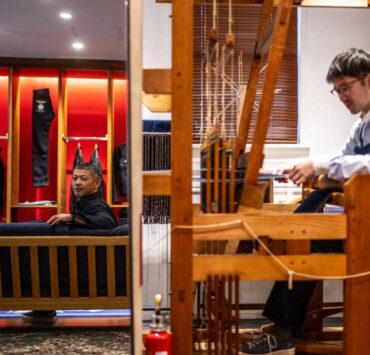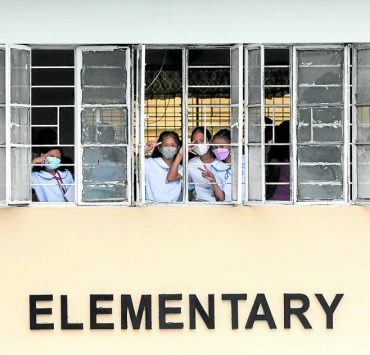‘Peace was born’: How the 2004 tsunami changed Indonesia’s Aceh
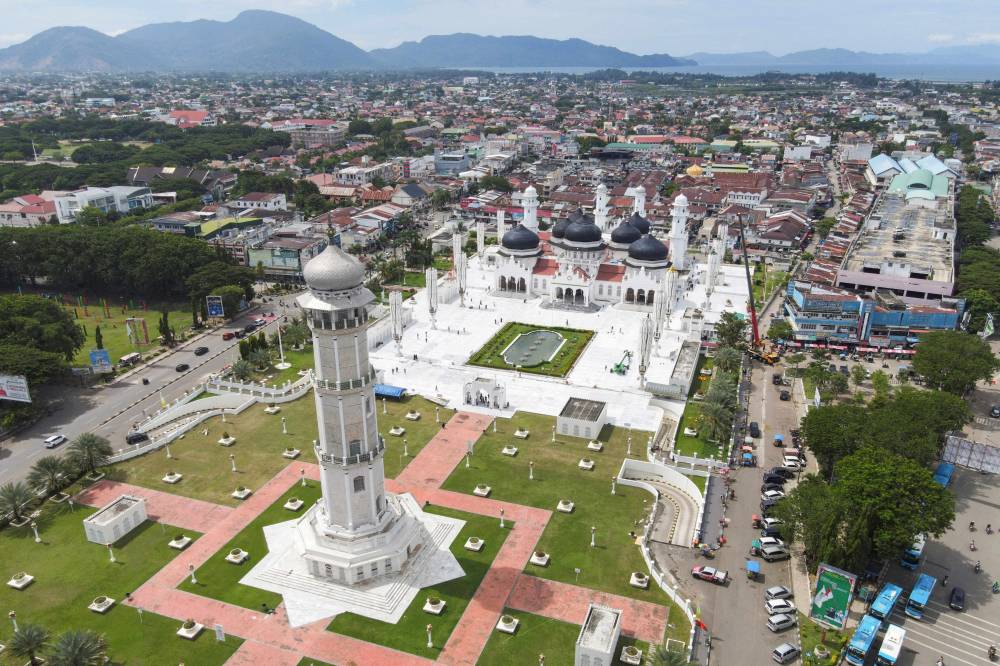
BANDA ACEH, INDONESIA—Former rebel commander Muharram Idris once led 3,000 men to fight Indonesia’s army in separatist Aceh, but now serves as a local politician after the legacy of a devastating tsunami two decades ago brought peace to the province.
The giant waves that engulfed the impoverished province on the northern tip of Sumatra island on December 26, 2004, killing tens of thousands, paved the way for an end to three decades of conflict.
Rebels like Muharram spent years waging battles against Jakarta’s army for their own state until the disaster wiped out entire communities.
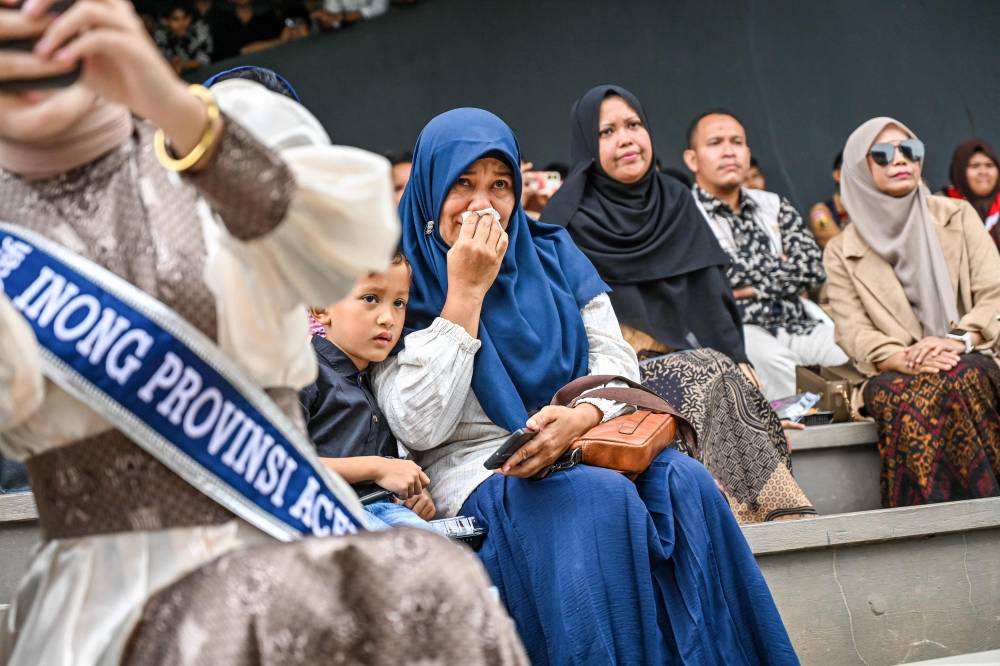
“The peace was born because of the tsunami. At the time, foreign countries wanted to help,” said the 49-year-old ex-commander.
“They couldn’t go in. They were pushing (both sides) to make peace.”
When details emerged from Aceh of the scale of the disaster, it triggered a huge global relief and reconstruction effort.
Pressure on all sides to help those affected brought the rebels and Jakarta closer, allowing a peace to be brokered that has endured ever since.
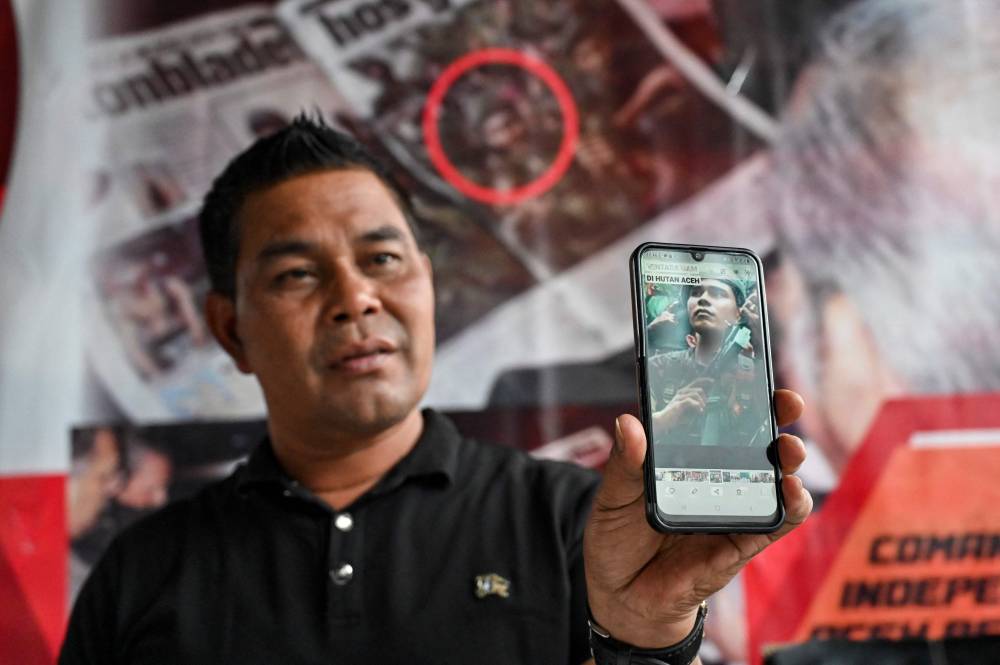
There remains a widely held view among Aceh’s deeply religious Muslim population that God sent the tsunami as a sign to end the conflict.
An August 2005 agreement enshrined that peace, with rebels handing over their weapons and Indonesia—led by a new pro-reconciliation president—withdrawing troops.
“The tsunami made both sides more interested in recovery and reconstruction than in pursuing the conflict,” said Sidney Jones, senior adviser to Jakarta-based think tank the Institute for Policy Analysis of Conflict.
“Both would have lost public support for taking any other approach.”
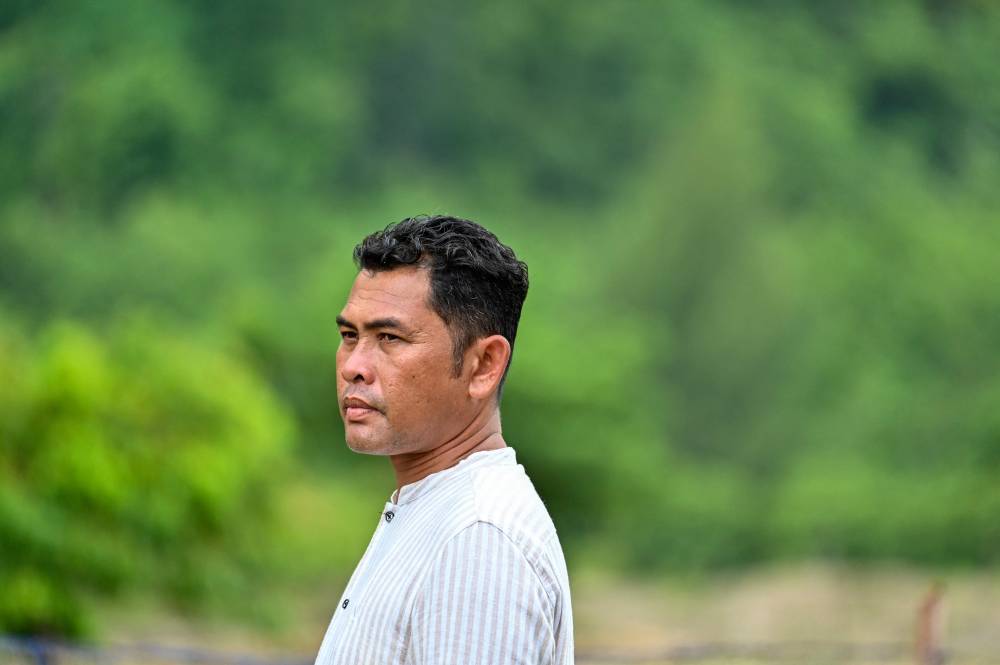
Autonomy, amnesty
The rebels in the Free Aceh Movement (GAM) had to agree to renounce their independence effort and were handed special autonomy in return, while Jakarta gave amnesty to fighters and political prisoners.
Afrizal, once a foot soldier for Muharram, now fishes for a living near a port in Lamteungoh village. His brother and sister were killed in the tsunami and their bodies were never found.
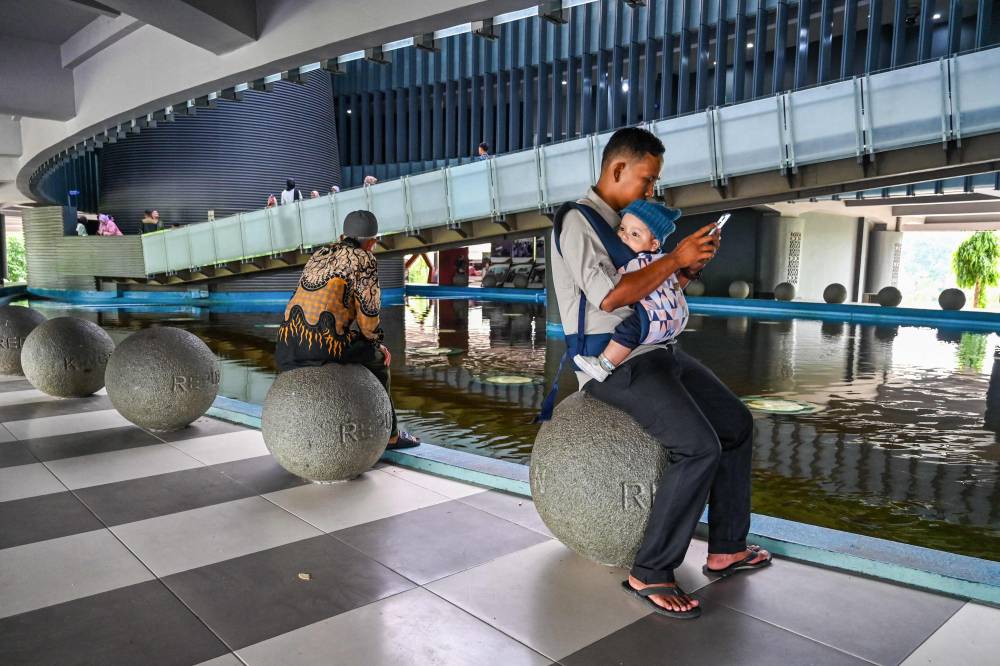
He was in the mountains when the tsunami hit before his unit went down to help the rescue effort.
“It was… like a world war just happened,” said the fisherman, who goes by one name.
The rebel leadership then called a unilateral ceasefire but Indonesian forces continued their attacks, former rebels said.
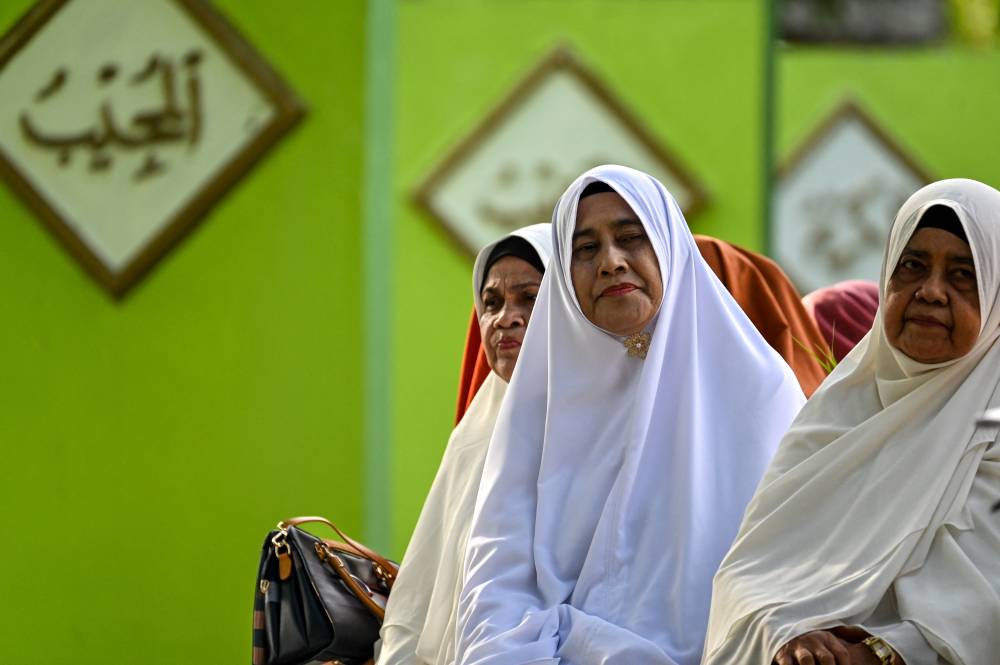
A commander told Afrizal and his GAM comrades several months later that they would soon make peace, and they would later obey.
“We were not disappointed. It was not that we were unable to fight, (but) because we had made peace because of the disaster,” he said.
One of the Indonesian negotiators I Gusti Agung Wesaka Puja said Jakarta demanded two key concessions during negotiations, which the rebels eventually accepted.
“First the acknowledgement that Aceh is part of the Unitary State of Indonesia. Second, the dissolution of… the GAM’s military at that time,” he said.
But Muharram acknowledged some of his men “felt disappointed because they were doubtful about the Indonesian government.”
Yet today the provincial capital Banda Aceh—transformed by the huge reconstruction effort and years of peace—teems with restaurants, coffee shops and traffic.
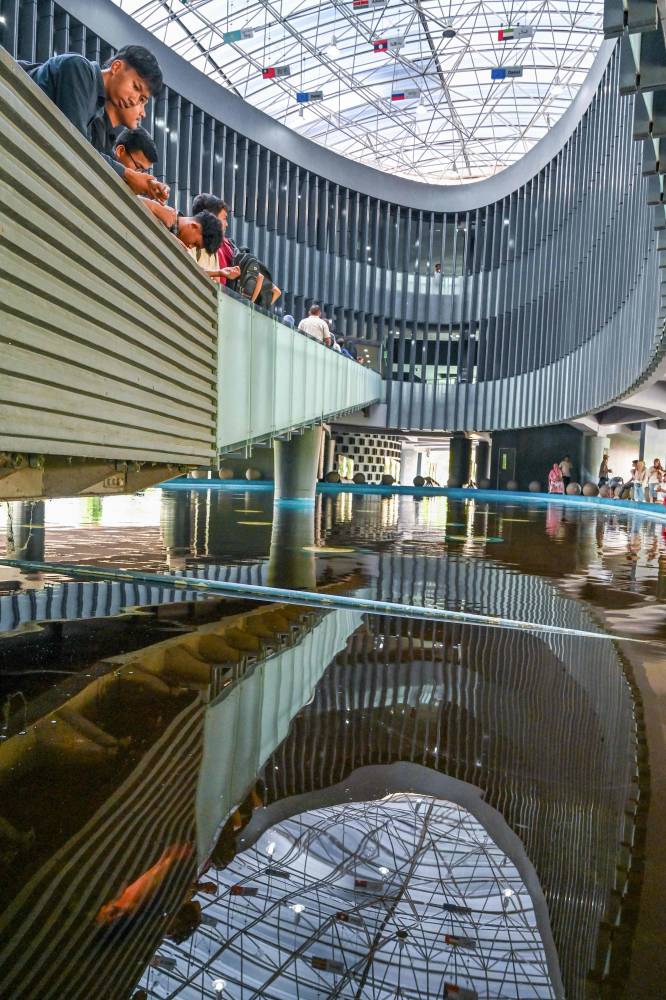
‘Would have continued’
Puja emphasizes the tsunami was not the only factor in a peace process that had started years before, but acknowledges it boosted the political will of both sides.
“It finally reached a situation of ‘enough is enough, what is there to continue’?” he said.
“With the tsunami, we lost everything. Not only the Indonesian government and GAM, but the biggest losers were the Aceh people. Finally there was a common sense that emerged: let’s stop the conflict.”
But Aceh’s problems have not entirely vanished.
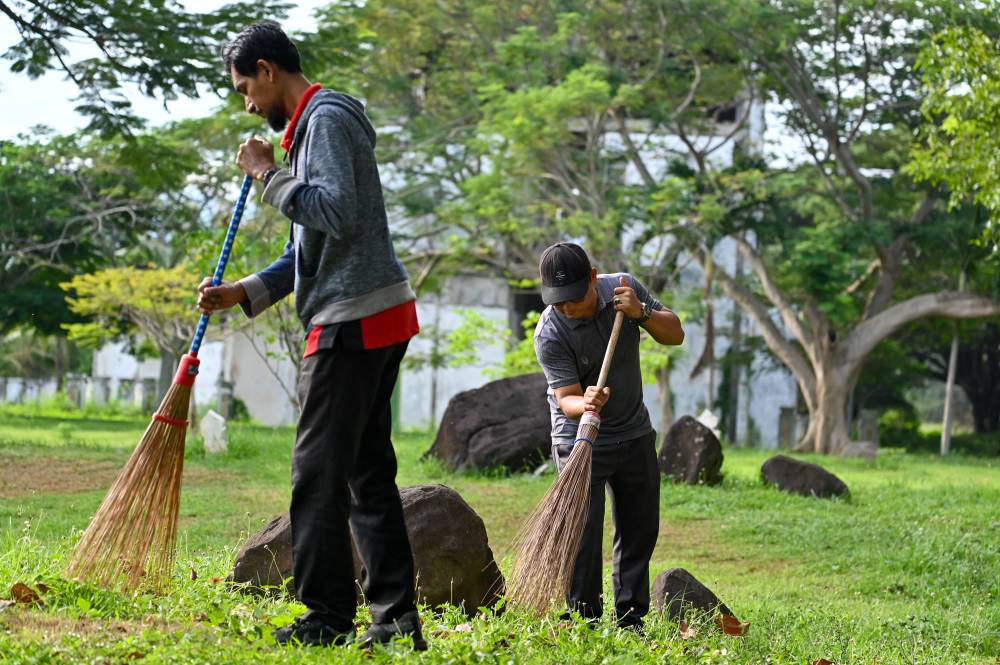
While it elects its own politicians, former rebels still dominate the political landscape and it remains one of the country’s poorest provinces.
And the central government largely treats it like any other Indonesian province, said Jones.
Aceh is also the only Indonesian province that administers ultraconservative Islamic law, courting criticism from rights groups over punishments that include canings for perceived morality breaches.
For many Acehnese there has been a failure to implement the peace deal, with no promised human rights court set up—and some complain that a reintegration program was not carried out properly.
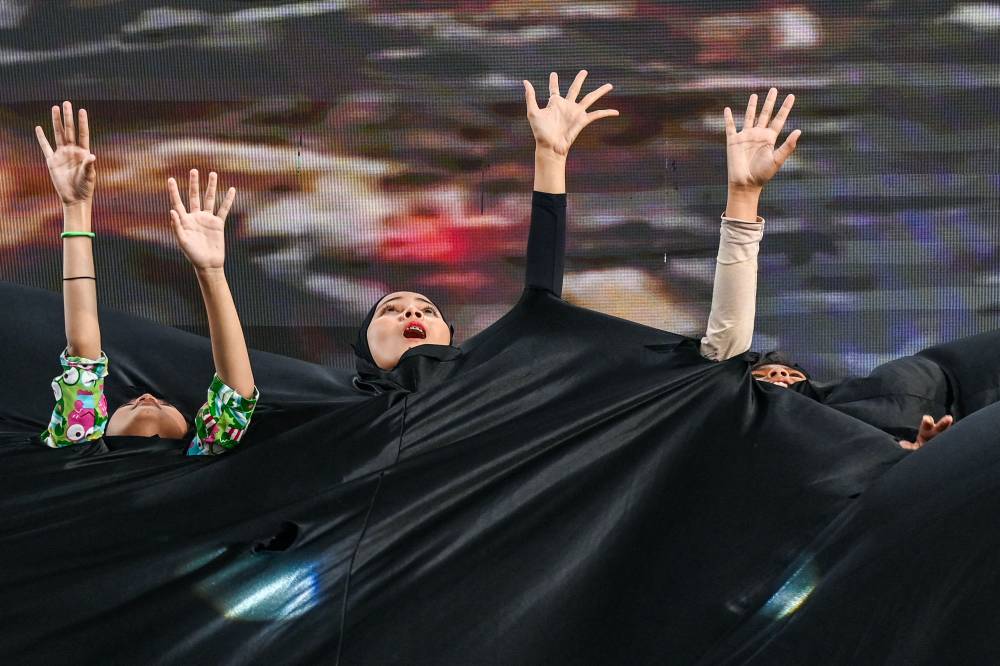
“The Aceh people have yet to have advantages… even my friends today are still hungry, without jobs,” said Afrizal.
Regardless, all agree that it was that tragic day 20 years ago that played a crucial role in setting them free from a protracted, bloody conflict.
“It was likely the war would have continued,” said Muharram.
“But we believe that the tsunami was arranged by the Almighty. Maybe it was just a way, Allah’s way, of changing a situation.”
AFP is one of the world's three major news agencies, and the only European one. Its mission is to provide rapid, comprehensive, impartial and verified coverage of the news and issues that shape our daily lives.














